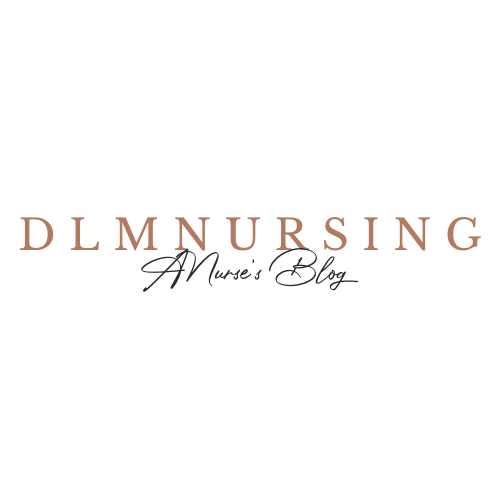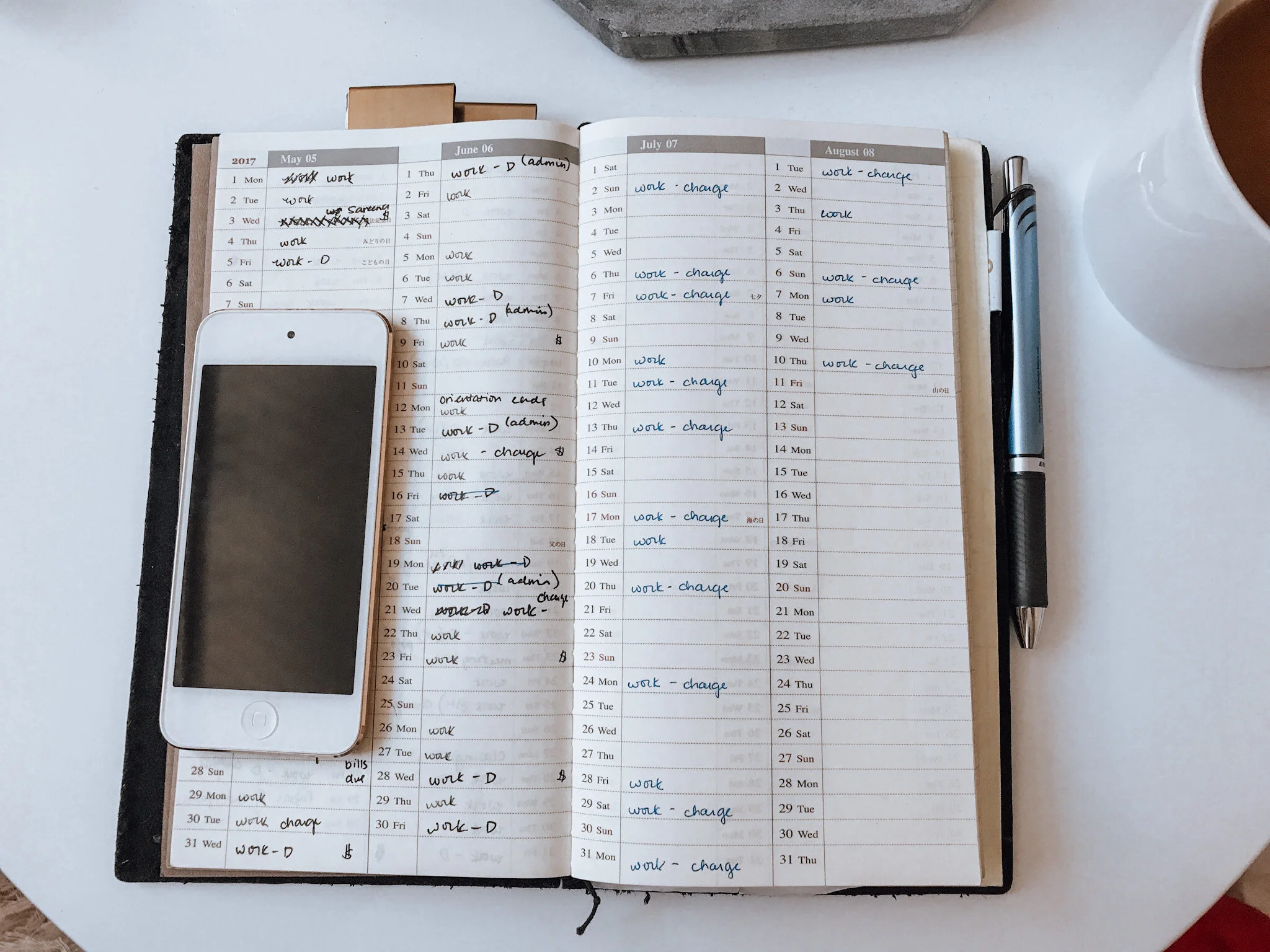Nursing School: Must-Haves For Clinicals
Nursing programs have different requirements for clinical rotations. Depending on your semester, clinical rotations can differ in specialty and require you to do a various set of nursing skills. Regardless of which unit your clinical semester will be, the necessities are still the same. I have provided you a list of must have books, tools, and so much more to make your day or night at your clinical rotation a lot easier.
Buy Links to your everyday clinical needs now available to be bought through the links on the right!
Basic everyday needs for clinical:
A pen with different colors (BIC)
Instead of carrying several, different colored pens, you can just be carrying one pen. The different colors are useful to make special notes pop out from your assessment sheet, such as allergies, specific events, etc.
Extra pens and pencils
You should always carry extra pens and pencils for emergency purposes. It is really easy to lose your stuff at the hospital.
Stethoscope [!!!]
This is a deal breaker for most professors. You should always have a stethoscope ready for clinical. If you forget your stethoscope, they can send you home and put you down for a clinical absence.
Perfect fit scrubs and comfortable shoes
If your school requires you to wear a uniform, try to wear your scrubs fit, but yet loose, meaning you should be able to breathe and be comfortable in your scrubs. Remember that nursing is not a fashion show and that showing your figure is not professional.
Comfortable shoes are so important. Try to find comfortable shoes because you’ll be on your feet probably the whole time. Most professors don’t like to see their students sitting down so it would be nice to have those shoes that have gel or soft sole cushions inside. Some people recommend using Ted stockings, but this can be a hit or miss. Some of my peers swear that these stockings helps with leg and calf pain, but there are some, including me, who find the stockings uncomfortable. They were cutting of my leg circulation, but they're really cheap so why not give it a try to see if it works for you.
A small pocket notebook
This small notebook is just for notes. It’s really good to write down what you learned especially when it’s something new. This is good way to reinforce learning.
Nursing blunt scissors
This may not seem important now as you're reading this, but you’ll be surprised. Scissors are used to cut clothes for immediate assessments (usually see this down in ER or new admissions), cut gauze and tape for dressing changes, and so much more.
Penlight
This is a requirement for clinical assessments, such as pupils, wounds, etc.
Clinical pocket medication book
There are various medication books out there that organizes content differently and vary in size as well. I use a pocket size medication book that has the most commonly used medications. It’s so small that it can fit any pocket I have, however, it does not contain every medication. After using it at the hospital where I work, I came across one or two medications that was not listed in the book.
Clinical pocket book according to specialty
You should have a clinical pocket book according to the floor where you work. For instance, if your semester is at a medical surgical unit, you should have the clinical pocket book for that subject. They also have books for the psychiatric and obstetric unit.
For medical surgical unit here’s what I used.
For obstetric unit, here’s what I used.
I did not purchase one for the psychiatric floor because my rotation for that unit was more community-based, meaning I visited rehabs and other facilities where acute psychiatric intervention was not necessary. However, I did have my lecture notes handy if I needed it during this rotation.
Clipboard with calculator (can separate the two)
I personally just had a clipboard and a small calculator handy. This worked very well for me. However, I did come cross some of my peers who used a big clipboard that opens up to store their papers inside. On the top of the clipboard is a small calculator. I never purchased one because it didn’t really bother me if they were separate but for those who are new to clinicals, this can be very handy to you. I also came across a clipboard that folds in half, and when folded, you can put it in side your pocket. Depending on your scrubs, this may not fit if you wear your scrubs too tight. (Note: I do believe that your scrubs should be tailored to your shape but you should not wear your scrubs so tight that you aren’t able to move. Scrubs should fit nice, but yet loose so that you are comfortable while working.)
Blank patient assessment sheets
Your professor may give you one to use or they might be okay with you using your own. For my clinical semesters, I’ve used my own assessment sheet and I usually just transfer the data over to the sheet that the professors wanted. You can even make you own!
Nursing Diagnosis Book for care plans
This is very useful to have especially when you have to develop nursing care plans for every patient you have.
Study note cards from lecture
If you’re one of those students who uses flash cards or study sheets for lecture, bring them to clinical and put it on your clipboard. When there’s downtime on the floor and you have done everything you could do for your patients, you can study for lecture for a little bit. It’s also good to refer to if you don’t have you clinical pocket book.
Hope you guys find this article useful when starting your clinicals for the semester. Please feel free to leave a comment below if you have any questions or if you have any suggestions for new nursing students as well :). Happy Nursing!!

















